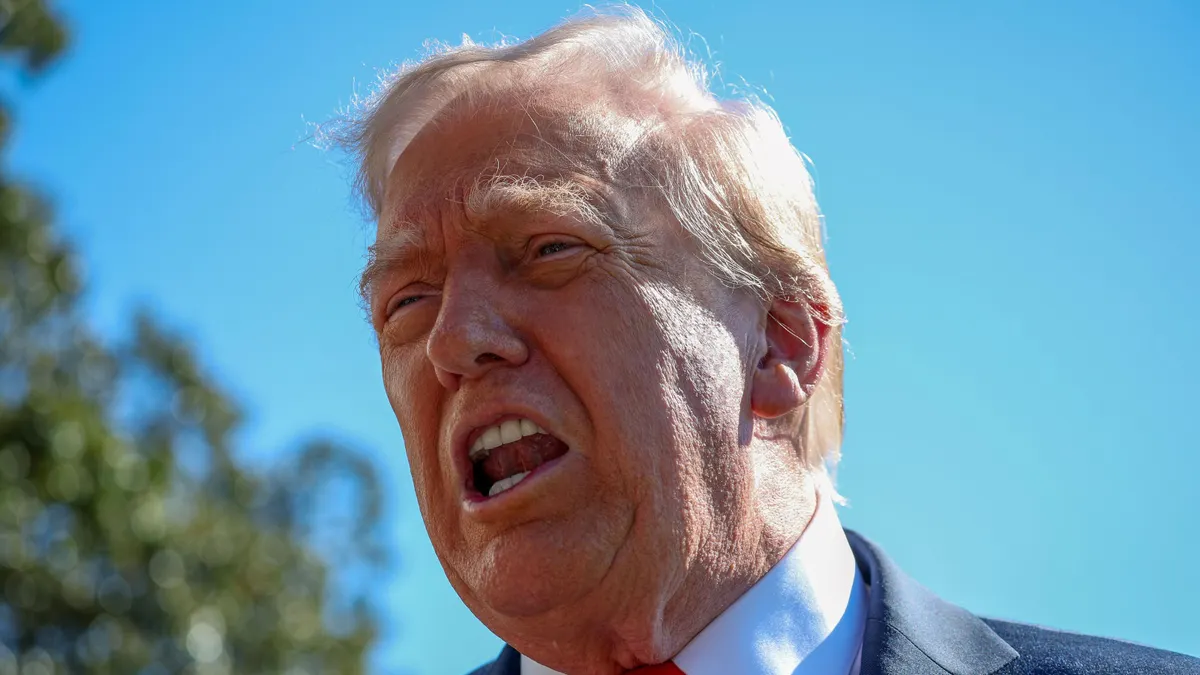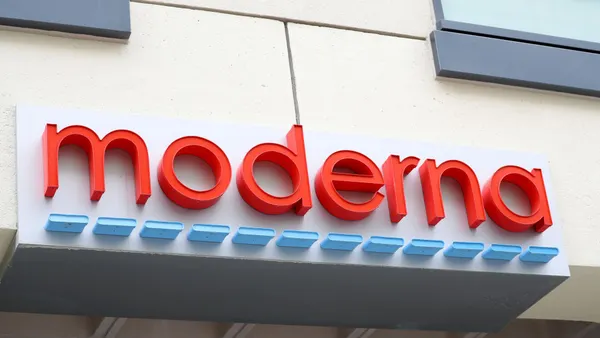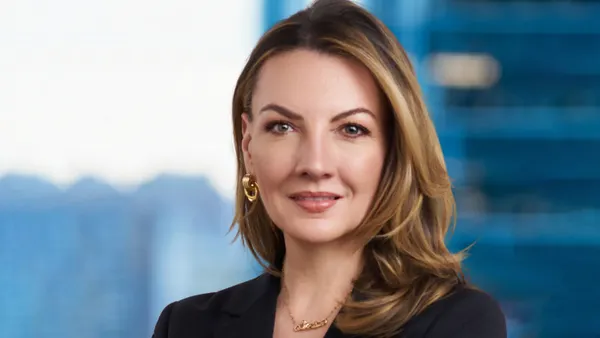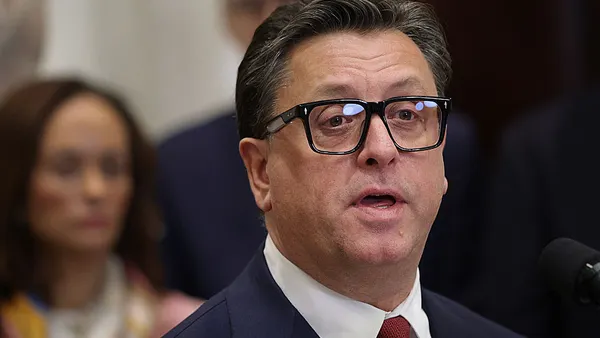Responding to changes from the Trump administration over the last 10 months is an exercise in multi-tasking — like playing ping pong with several balls at once.
Tariff threats. Manufacturing investment. Pricing regulation. Policy changes from the administration have forced drugmakers to adjust, and Big Pharma leaders have displayed their willingness to navigate these new challenges while making negotiation tactics part of their ongoing business plans.
In many ways, the industry finds itself between a rock and a hard place. Invest in U.S. manufacturing or face drastic tariffs on imported goods? Support pricing measures like the “most favored nation” policy or wait for potentially more painful ones down the road? Negotiate a deal or face draconian consequences?
Here’s what CEOs at some of the biggest drugmakers in the world said to investors as they reported earnings for the third quarter about how they’re working with the Trump administration to find common ground.
“We've been talking with this administration with an open dialogue since day one, even before day one. And we are always looking … for common ground to build on the administration priorities that are similar to ours.”
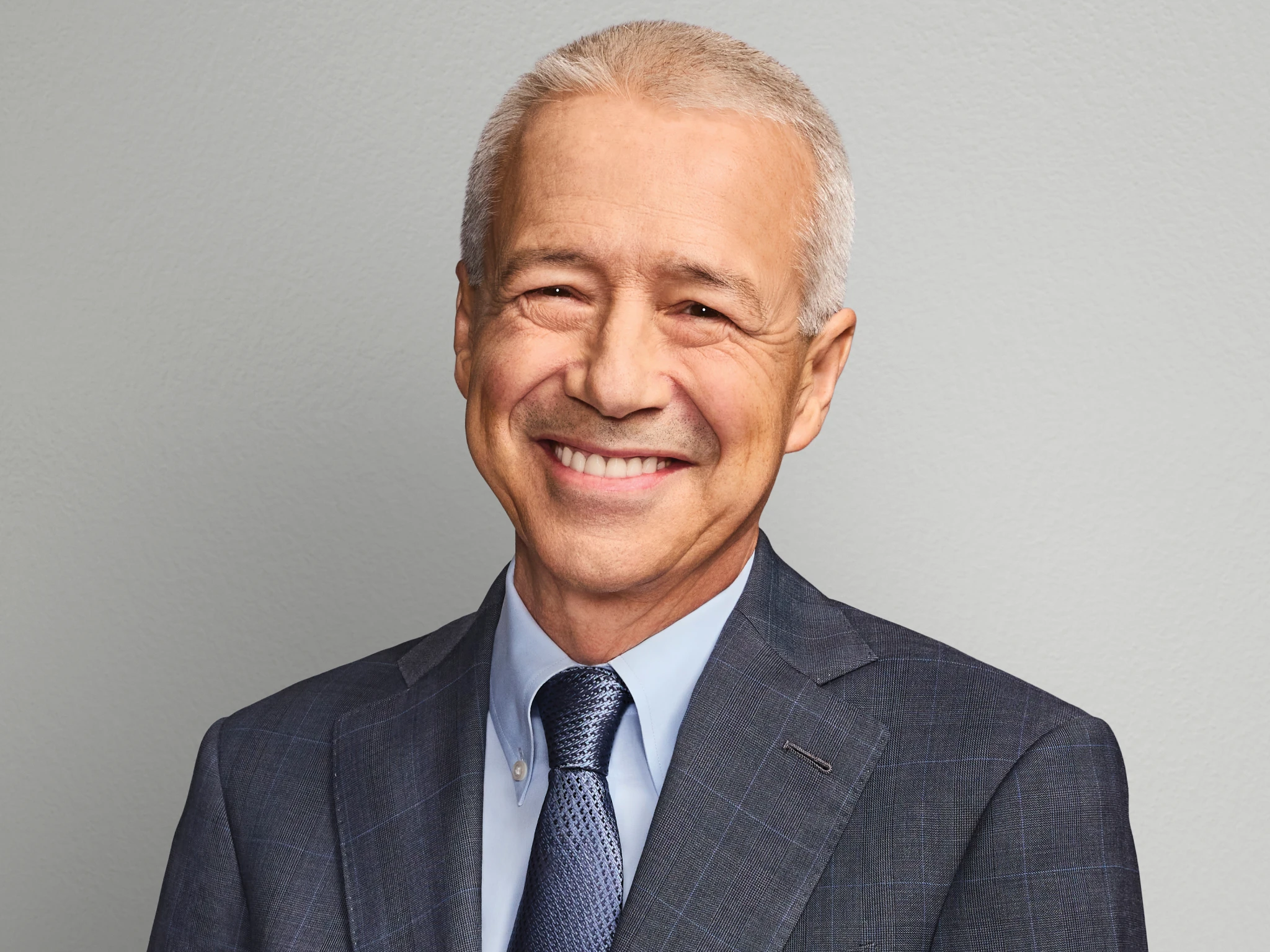
Joaquin Duato
CEO, Johnson & Johnson
Maintaining a line of communication with the Trump administration has been critical for companies to stay out of the president’s crosshairs. And J&J CEO Joaquin Duato confirmed the pharma giant’s willingness to align with Trump’s own priorities, particularly on U.S. manufacturing, but also with regard to overseas pricing measures.
J&J in March announced a $55 billion investment in U.S. manufacturing sites over the next four years, joining fellow drugmakers making pledges to avoid a looming trade war as a result of threatened tariffs. The effort includes a new site in North Carolina and “three additional new advanced manufacturing facilities as well as the expansion of several existing sites,” CFO Joseph Wolk said on the earnings call.
The investment, which marks a 25% increase in U.S. facility spend compared to the previous four years, is intended to “make it so all our advanced medicines that are used in the U.S. are going to be manufactured in the U.S.,” Duato said. J&J isn’t the only drugmaker reacting to tariff threats with U.S. consolidation. Fellow pharma giants Roche, AstraZeneca, Eli Lilly, GSK, Novartis, Sanofi and more have each also promised billions of dollars in U.S. manufacturing investment since Trump landed in the Oval Office.
As far as pricing policies, Duato said the company would support many of Trump’s talking points with regard to his proposed most favored nation policy and “making sure that foreign entities do not free-ride on American innovation,” he said on the call.
“From an industrywide perspective … the proposed negotiations or proposed actions are not going to address the underlying issues here … [like] properly assessing the appropriate price for innovation. … We’re meeting with the administration weekly to look at what are the best solutions we can come up with.”
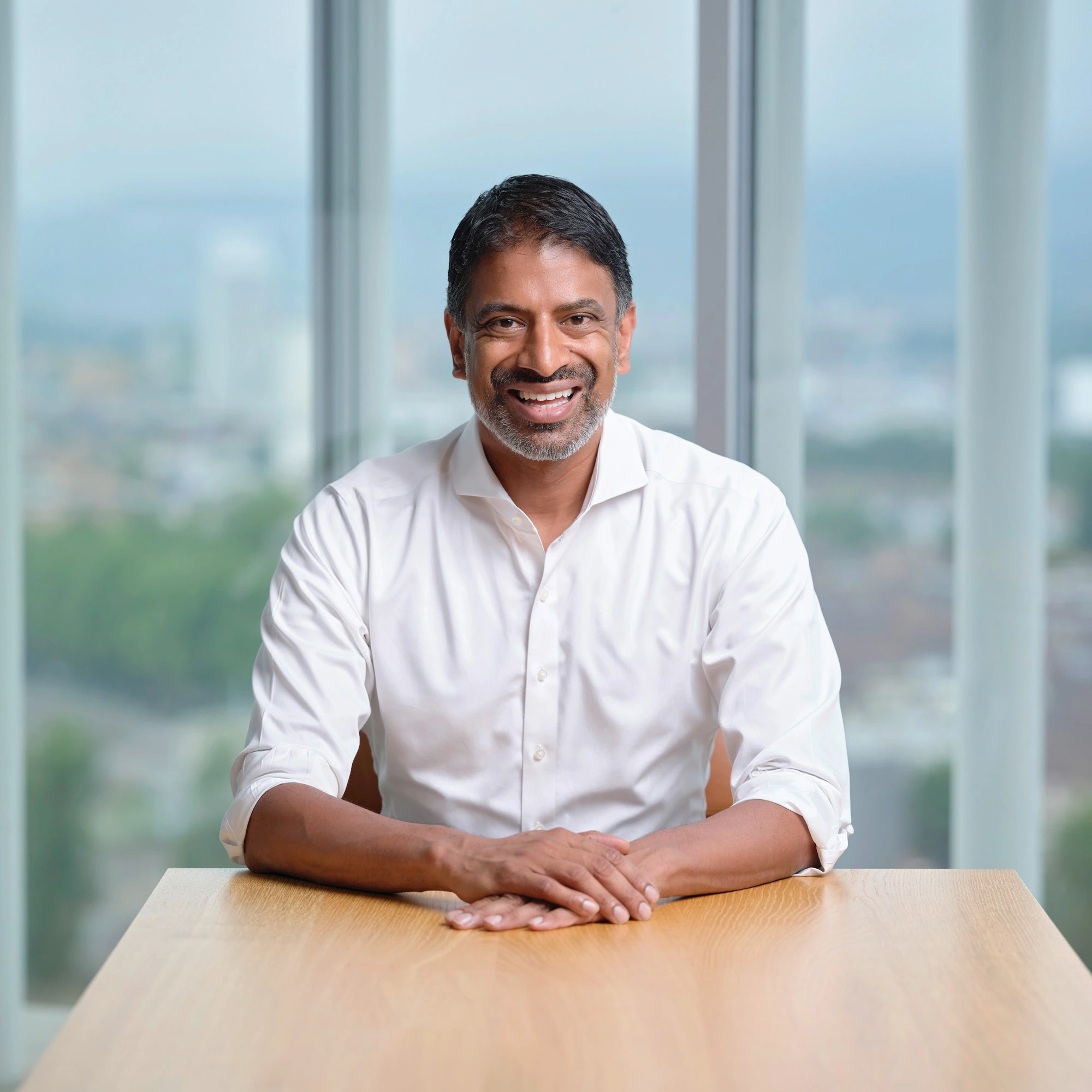
Vas Narasimhan
CEO, Novartis
Asked whether Novartis would join four companies — Pfizer, AstraZeneca, Amgen and EMD Serono — that have agreed to sell drugs to Medicaid at the lowest price available among other countries, CEO Vas Narasimhan didn’t deny that his company’s own negotiations were underway. But he also stood up for what he would consider more fruitful options than the most favored nation framework.
Among the “underlying issues” he thought would be a better fit for reform were the role of pharmacy benefit managers, hospital drug sales under the 340B program and, what he said was most important, dealing with G7 countries outside the U.S. on their own pricing measures.
Several pharma giants have struck deals with the administration already to escape the 100% tariffs on branded pharma imports that took hold at the beginning of October.
“For more than a decade, George [Yancopoulos, chief scientific officer] and I have argued that foreign governments have benefited from American innovation without sharing the burden of its cost.”

Leonard Schleifer
CEO, Regeneron
Regeneron CEO Leonard Schleifer, along with co-founder and chief scientific officer Dr. George Yancopoulos, appear close to reaching an agreement with the Trump administration on the most favored nation agenda.
Schleifer said the “imbalance” between what Americans pay for drugs compared to the rest of the world is long overdue for rectification and that Regeneron is “closely aligned” with the administration’s priorities on the matter.
Like many of its peers, Regeneron has committed to investing $7 billion in manufacturing sites in New York and North Carolina.
“We are hopeful the efforts of this administration can level the playing field and convince high-GDP nations to contribute their fair share rather than relying on the United States to shoulder the vast majority of this responsibility,” Schleifer said.



